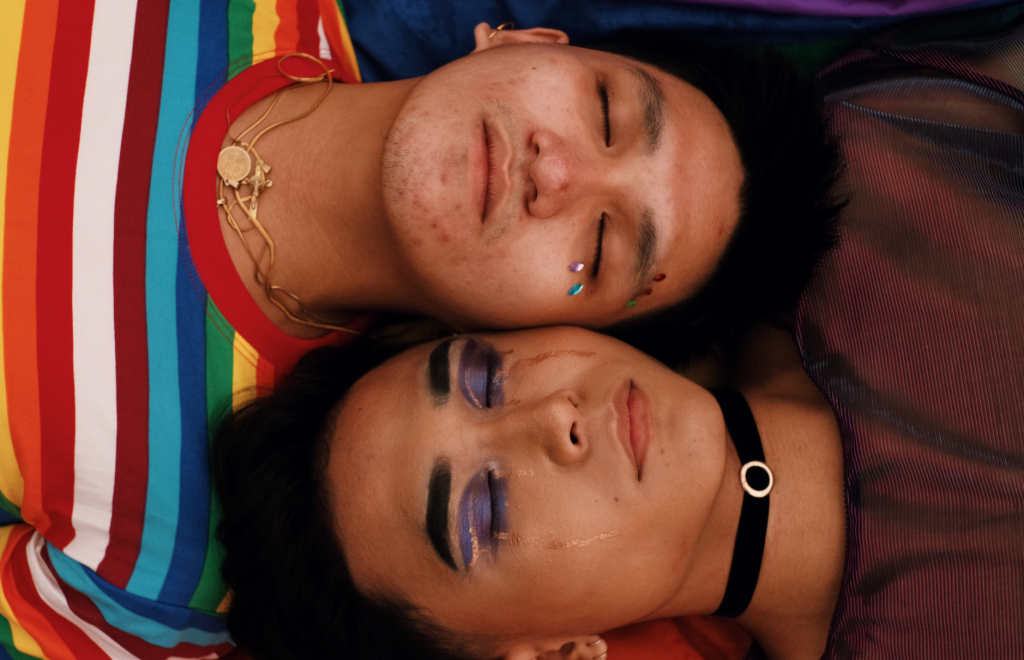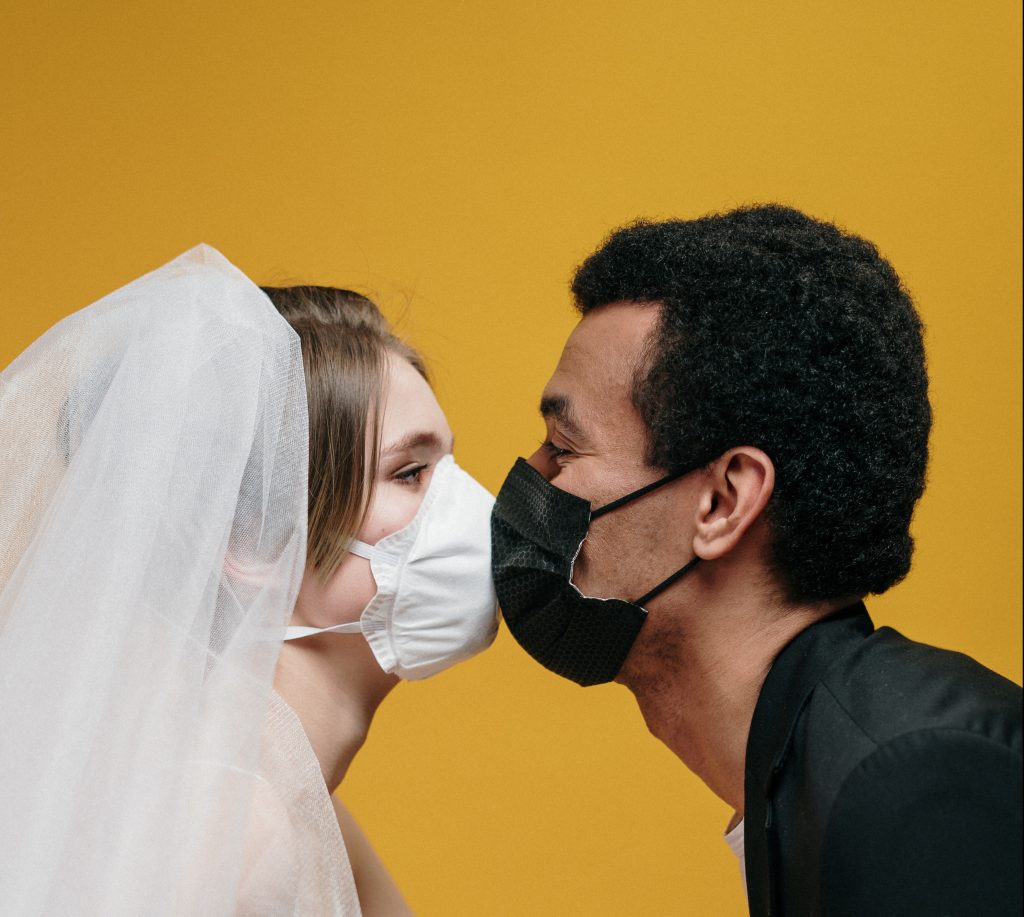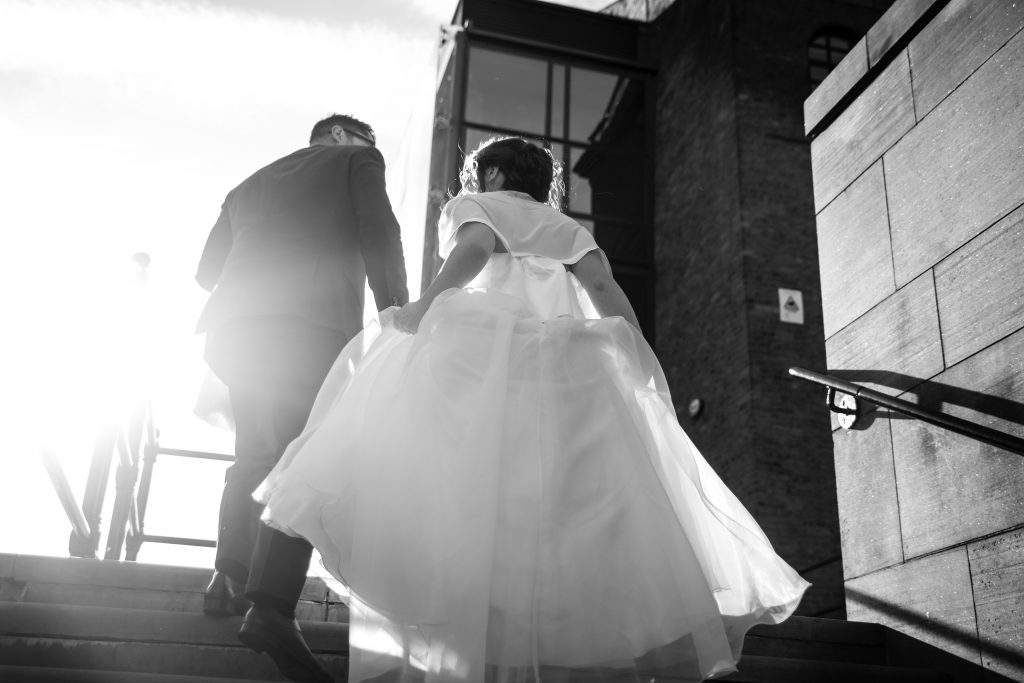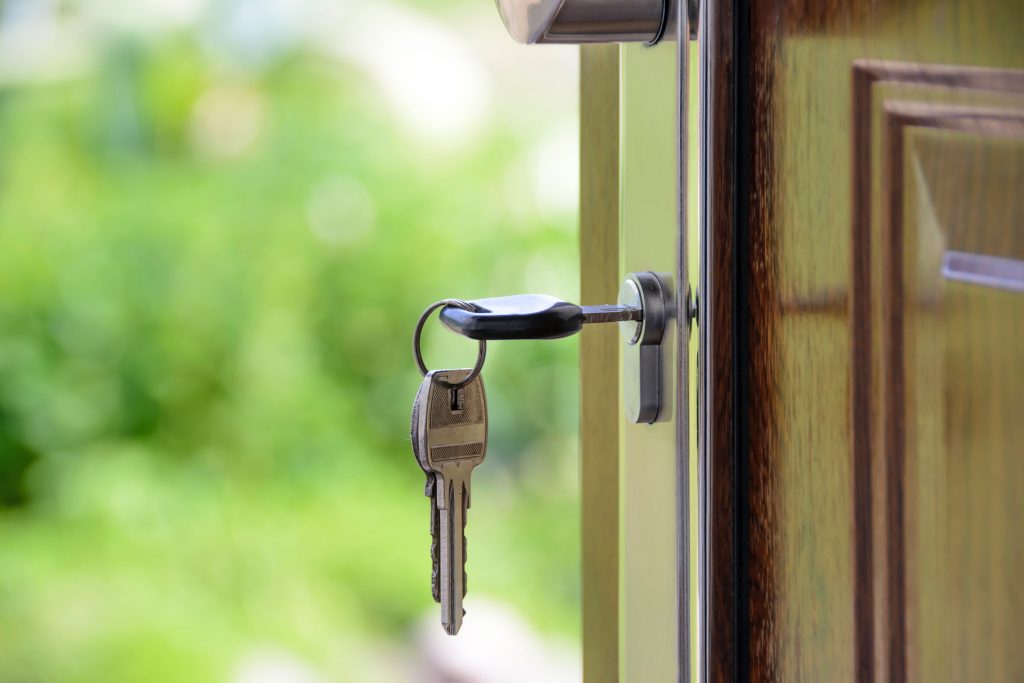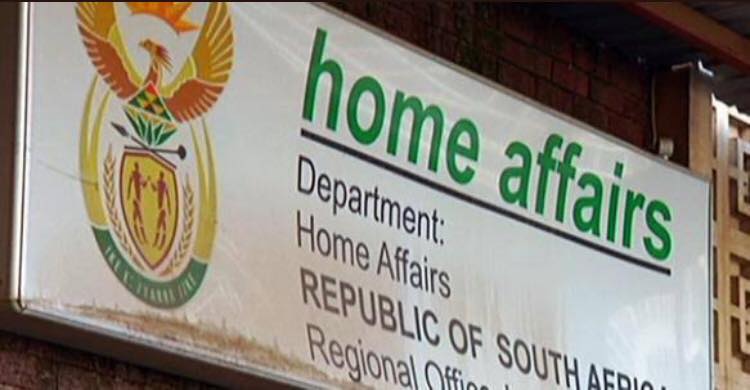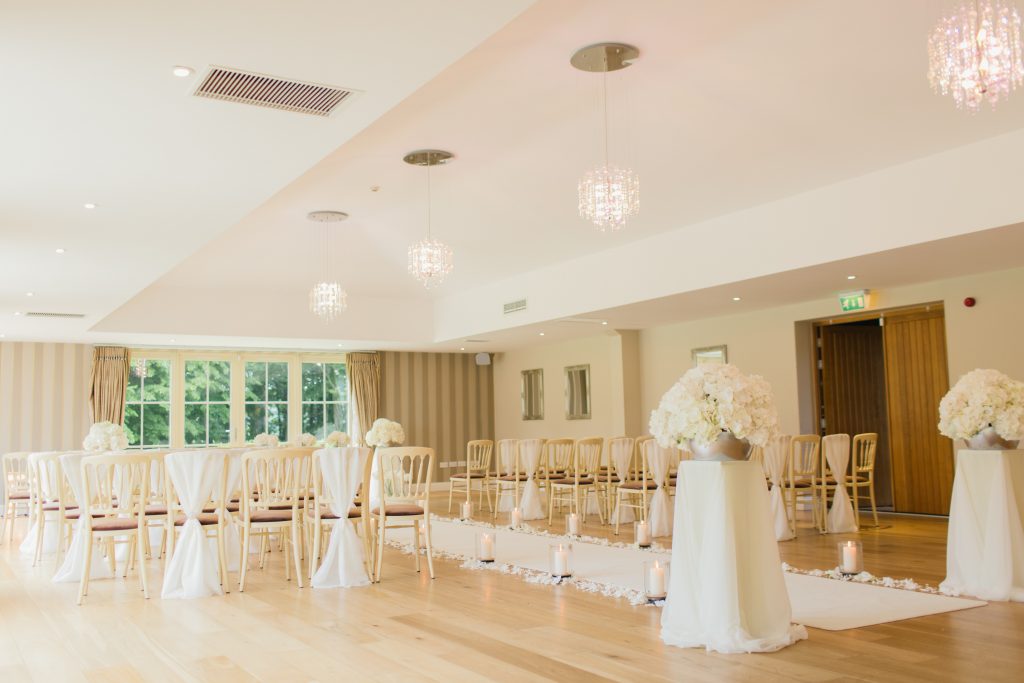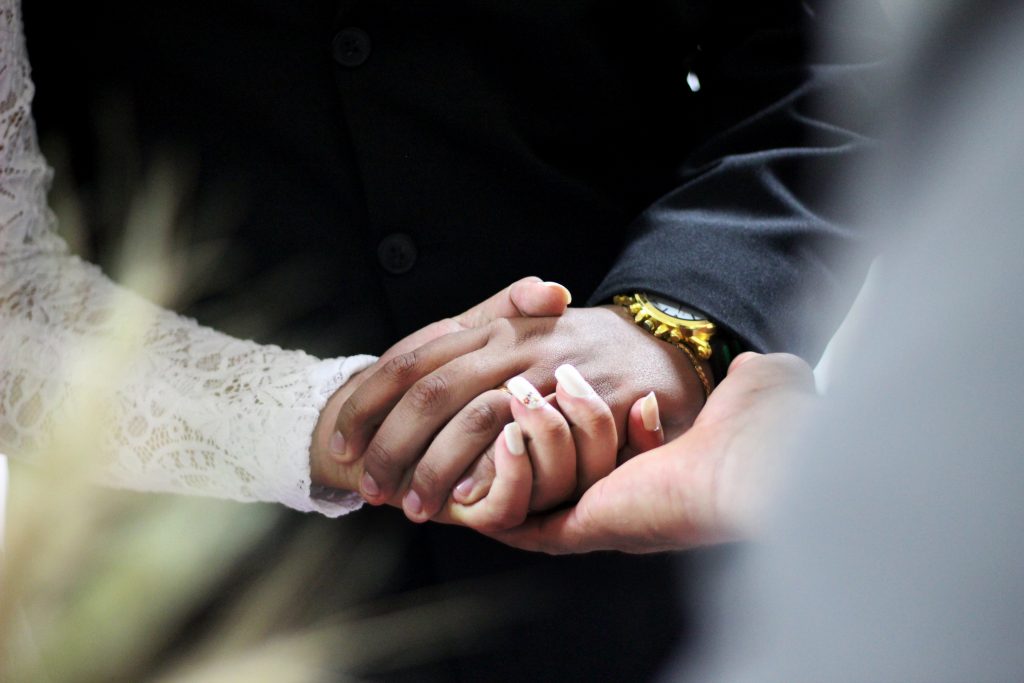When you think of elopements, visions of secret romantic getaways spring to mind. A day of shared love with you and your partner is endlessly meaningful and simple. However, that doesn’t mean it will be effortless. While often marketed as the easy option, there are still a number of variables to consider when opting to elope. Here is what you need to know.
Legality in South Africa:
The solemnisation and registration of civil marriages, customary marriages and civil unions are all managed by South Africa’s Department of Home Affairs. As a South African citizen, your marriage has to go through the necessary paperwork in order to be legal.
In order to receive a marriage licence, you must:
– ensure that you are legally allowed to marry
– understand the legal consequences of a marriage, particularly that marriages in South Africa are automatically in community of property, unless a valid ante-nuptial contract has been entered into before the marriage, and
– make sure that your marriage will comply with all the legal requirements for a valid marriage.
Necessary documents:
On the day of your wedding, the following documents must be produced:
– Identity documents for each person getting married
– If a foreign national is marrying a South African citizen, they should both present their valid passports as well as well as a completed BI-31 Form (Declaration for the Purpose of Marriage, Letter of no impediment)
– If the wedding is for a minor (a person under the age of 18 years), the written consent of both parents/ legal guardian or the Commissioner of Child Welfare or a judge should be submitted on Form DHA-32 as well. If the minors getting married are under the ages of 18 for boys or 15 for girls, the written consent from the Minister of Home Affairs will also be required
– If any of the persons getting married are divorced, then the final decree of divorce should be furnished
– If any of the persons getting married are widowed, the deceased spouse’s death certificate must be submitted.
A Home Affairs-wedding requires at least two witnesses. These witnesses and the marriage officer must then sign the marriage register following the solemnisation of a marriage. The marriage officer will issue the parties with a handwritten marriage certificate (BI-27) free of charge. The marriage officer must then submit the marriage register to the nearest office of the Department of Home Affairs, where the marriage details will be recorded in the National Population Register (NPR).
Marrying abroad:
If you want to marry abroad, you will be subject to the laws of that particular country, so it is of utmost importance to research their specific requirements at their official embassy. In most cases, you will be required to submit a Letter of No Impediment (LNI). The LNI is a certificate issued by the Department of Home Affairs Head Office to confirm the current marital status of an individual and that they are free to marry.
Application forms can be submitted to the Department of Home Affairs or an SA High Commission office. If you are divorced, you will have to submit your decree of divorce along with your application. It can take up to six months to receive your letter depending on processing time, so the earlier you can apply, the better. The certificate is valid for six months from the date of issuing.
Importantly, it must be issued by the Department of Home Affairs Head Office, not a Regional Home Affairs Office, in order to ensure legality. The LNI can only be legalised if an original, official Home Affairs letterhead, signed and stamped by the authorised Home Affairs official (Head Office only) has been provided.
Image: Unsplash

